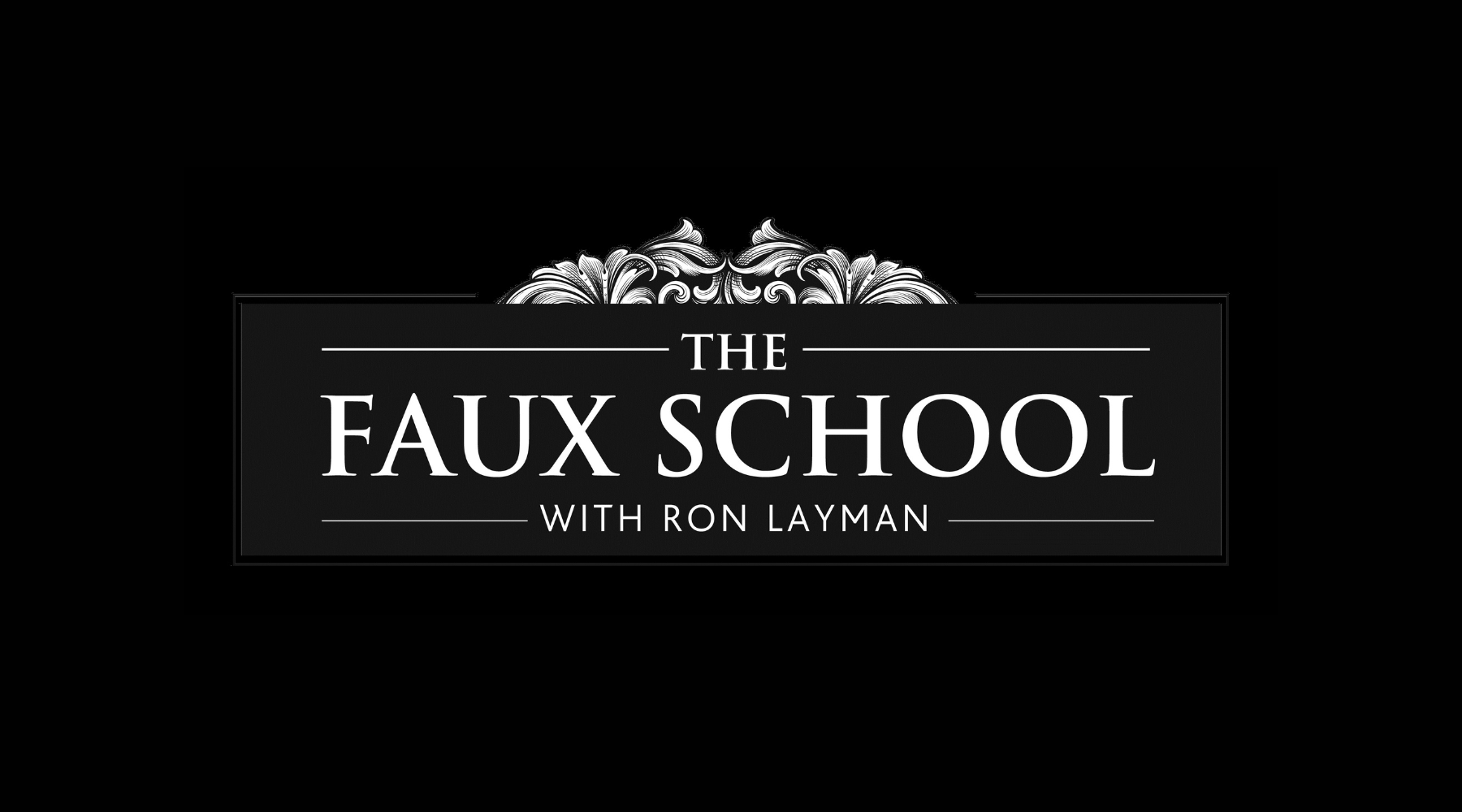Etruscans
The Etruscans, an ancient civilization that flourished in the region of modern-day Tuscany in Italy, hold a fascinating place in history. Despite their enigmatic origins and eventual assimilation into Roman society, the Etruscans left behind a remarkable legacy that profoundly influenced the development of Italian culture and the Roman Empire itself.
The Etruscans inhabited the Italian peninsula long before the rise of Rome, thriving between the 8th and 3rd centuries BC. Although much of their early history remains shrouded in mystery, they established a unique and sophisticated civilization that thrived in the fertile lands of Etruria, encompassing present-day Tuscany, western Umbria, and northern Lazio.
The Etruscans were renowned for their advanced craftsmanship, distinctive artistry, and innovative engineering. They excelled in various fields, including metalworking, pottery, sculpture, jewelry, and mural painting. Their artistic style, characterized by vivid colors, intricate designs, and attention to detail, showcased their extraordinary craftsmanship and aesthetic sensibilities.
In addition to their artistic achievements, the Etruscans were skilled engineers and city planners. They constructed impressive cities, fortifications, roads, and drainage systems, showcasing their advanced understanding of urban planning and infrastructure development. Their cities, such as Veii, Tarquinia, and Volterra, boasted grand temples, necropolises, and public spaces that stood as testaments to their architectural prowess.
The Etruscans also had a profound influence on the Romans, particularly in the early stages of Roman civilization. The Romans adopted many elements of Etruscan culture, including religious practices, architectural styles, and even aspects of their political and social systems. The Etruscans' expertise in divination and their practice of reading omens greatly influenced Roman religious beliefs and rituals.
Furthermore, the Etruscans played a significant role in shaping Roman society through their interactions and cultural exchanges. They introduced the Romans to various aspects of Greek culture, acting as intermediaries in the transmission of Greek art, literature, and philosophy to the Roman world. The Etruscans' cultural and commercial connections with other Mediterranean civilizations, such as the Greeks and Phoenicians, further enriched their own society and contributed to the broader cultural tapestry of the ancient world.
Despite their achievements and cultural influence, the Etruscans gradually succumbed to the expanding power of Rome. By the 3rd century BC, Etruria was absorbed into the growing Roman Republic, and Etruscan culture began to assimilate into Roman customs and traditions. Over time, the distinct Etruscan language was replaced by Latin, and their unique artistic styles merged with Roman aesthetics.
Today, our understanding of the Etruscans relies on archaeological discoveries, such as intricate tombs, beautifully crafted artifacts, and inscriptions found on ancient monuments. These remnants offer glimpses into their vibrant society, evoking a sense of wonder and intrigue about this fascinating civilization that left an enduring imprint on the cultural heritage of Italy. The Etruscans, with their artistic prowess, engineering ingenuity, and cultural exchanges, serve as a testament to the rich tapestry of civilizations that have shaped the course of human history.
